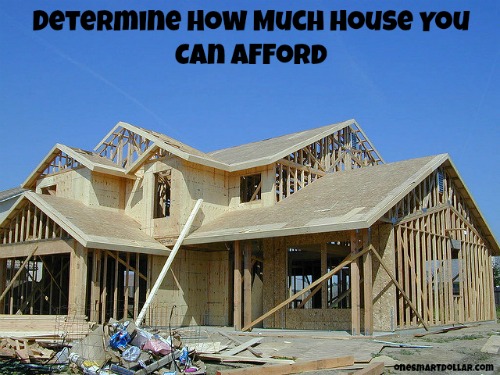
While it may not be apparent to anyone suffering from the effects of home price sticker shock, Britain has some of the cheapest housing anywhere in the world. In countries in South Asia and the Far East, for instance, the prices that homes here in Britain command would usually fetch tiny, poorly built structures with few amenities and no garden. Nonetheless, looking at median home prices touching £150,000 across the country, life can seem unfair.
Income hasn’t kept up
Home prices have risen at a rate that has far outstripped the rate of income growth. In 1995, home buyers paid the equivalent of five years’ worth of income for a home. This has doubled today. In 2012, homebuyers paid ten years’ worth of income for a similar home.
With home prices rising as quickly as they are, potential homebuyers can no longer go on instinct when they decide how much home they can afford. What you get to buy depends on your income level, your savings and the level of debt that you already have, and these numbers aren’t usually easy to fix. It takes some careful reckoning.
It isn’t as simple as using an online calculator
The first thing that you get to see when you try the question How much house can I afford on Google, is any number of online mortgage calculators by the banks and the personal finance advice websites. You also see a number of easy rules of thumb to go by. For instance, you’ll see advice that tells you that the mortgage you take out should take up no more than a third of your monthly income.
Such calculators and rules of thumb can be helpful. Nevertheless, it’s important to understand that these are generalized, and may not apply to specific situations such as yours.
For instance, calculators ask you how much you need for your monthly expenses. They will, however, offer you no guidance in determining how to arrive at the right numbers. They won’t ask you if you will have a baby in a couple of years, and they may also neglect to ask you if you have specific interests such as expensive vacations. Most do not ask you about your other financial goals such as setting money aside for healthcare or sending a child to college. It’s easy to overlook these potential drains on your income when you try to use an online calculator. The numbers that these calculators put out, then, are usually unreliable.
Can you realistically afford the house that you want?
To know what size of home you can realistically afford, you need to not only look at the cut-and-dried figures that the calculators give you, but also at a detailed plan for your life. Only you can map your life down to the smallest detail.
You want to look at the things that personally mean a lot to you, for example (fresh flowers in the house every day or the ability to lend money to friends and family whenever they need it). You need to look at what you can give up and still be comfortable.
Sometimes, it isn’t as much about what you can afford, as it is when you can afford it. You may have assets that may take a couple of years to turn accessible You may have obligations that do not end until four or five years later, or your spouse may need to stop working to go to college. Oversights in such areas tend to trip up homebuyers.
Knowing what kind of house you can afford, then, isn’t about depending on calculators. It isn’t even about what the banks are willing to lend you. Rather, it is about taking a deep, honest look at your life as only you can.
The calculators do not even include every cost involved in buying a home
Even once you do learn about your financial situation from an honest appraisal of your life, it’s important to know that you still can’t depend on the calculators. It is the rare calculator that will tell you what exactly you will need to bring to the table up front. If you are incredulous that the calculators could completely miss their mark, here are a few examples of what they usually ignore.
Most mortgage calculators do not include expenses such as stamp duty (£500), mortgage fees (£2,000), solicitor’s fee for paperwork (£1,000), local council fees for property verification (£300), evaluation survey (£1,500), arrangement fee (£2,000), mortgage account fees (£300) and so on. According to www.millercountrywide.co.uk, this is only a partial listing.
You will need to make room for thousands more when you count VAT, multiple taxes, moving expenses, renovation and the cost of bringing in renters. It’s important to sit down with an expert financial planner, and map out the implications of buying a home. It can take some work. But in the end, you’ll truly know where you stand.
